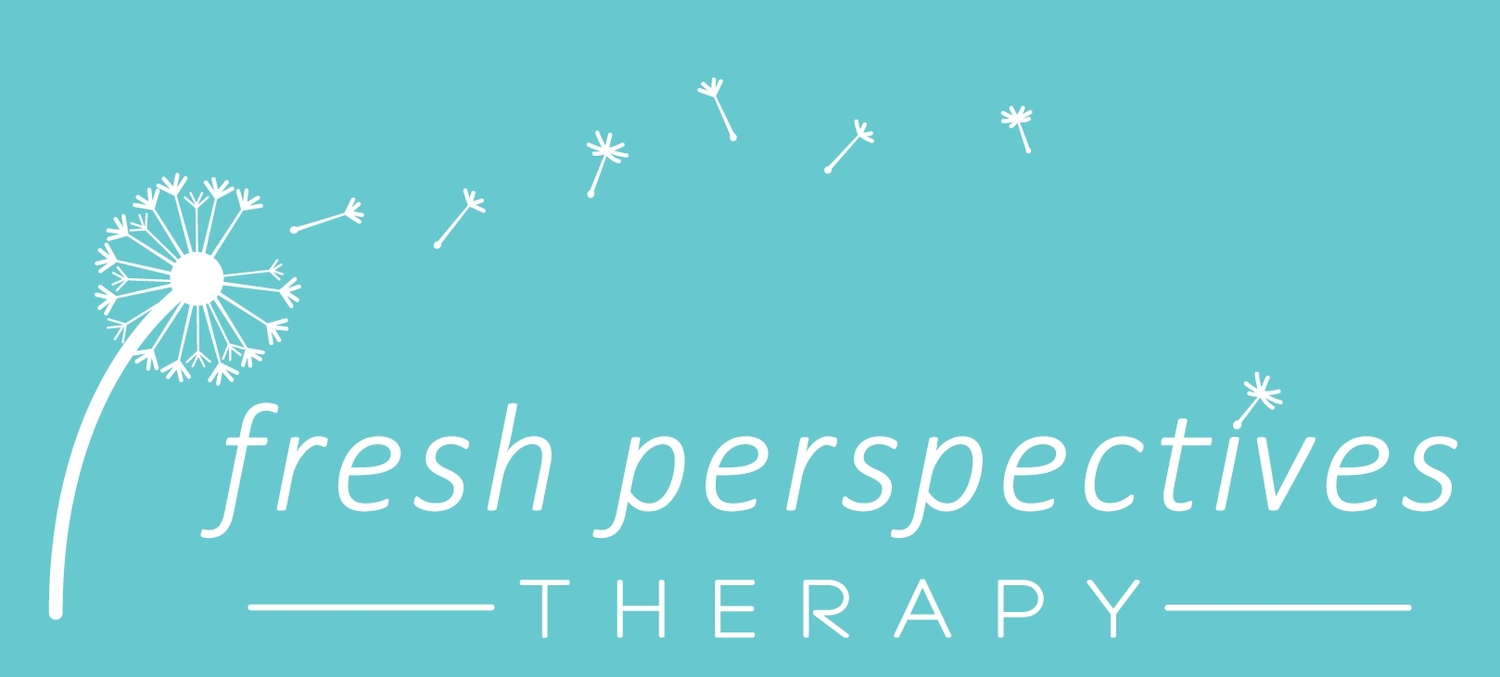Photo by Arah McManamna
Ambivalence is what we experience when we have contradictory or opposing feelings about something at the same time. Many of my clients enter counseling because they have mixed feelings about a situation in their life. The indecision and uncertainty causes internal friction that can be completely overwhelming. It can cause loss of focus, lack of motivation, problems sleeping or eating, and a general feeling of imbalance that drives them to reach out for help.
Ambivalence can grow from the loss of a loved one or a relationship, a natural life transition such as which job offer to accept, or an unexpected change.
Can ambivalence ever really be resolved, though?
I believe wholeheartedly that it can, but that resolution may look different than what most people hope. Will it you experience that feeling of assurance, knowing that you’re making the absolute correct decision for yourself? Will you have that feeling of ambivalence dissolving and giving rise to certainty?
It’s sad to say, but probably not.
Although it is so commonly portrayed in popular culture and in the media, this rarely happens in real life. So often you see protagonists being depicted as having a huge, life-changing dilemma to resolve, embark on a journey to find themselves and at the end feel like they have made the best decision, with no lingering ambivalence. Sounds like the next big rom-com, doesn’t it?
Almost all adult problems, dilemmas, situations, and choices end with a feeling that’s more akin to:
“eh…this seems like it’s probably the best decision considering the circumstances”
“I’m pretty comfortable with my decision but…”
“Maybe I made a mistake but I think that was the best choice for me”
I don’t say this to dishearten you but to normalize those feelings of lingering ambivalence after making a decision or resolving a situation. A certain amount of ambivalence is actually a very healthy quality. People who are moderately ambivalent of course have some discomfort from the experience, but are also able to appreciate that life is complex and imperfect. They use that feeling of ambivalence as a helpful tool to avoid making uninformed decisions. They are able to give tricky situations a healthy amount of thought and consideration but also aren’t so stuck by the ambivalence that they avoid taking any action.
Ambivalence becomes problematic when we stew in it and allow it to take over. This leads to an intense fear of making the “wrong” decision, rigid and polarized thinking patterns, and excessive avoidance. Part of what leads us to dwell in ambivalence for longer than is helpful is the expectation to “have it all”. That’s the American dream, isn’t it? When the society that you grow up in tells you that it is possible to “have it all” and that it’s your duty to pursue it, you’re going to find it very difficult to accept a situation in which you have to make a choice, leave an opportunity or possibility on the table.
So how can we break from this cycle and entertain a healthy amount of ambivalence?
Acceptance
The first step, as with most problems, is to accept that you will likely experience a small amount of lingering ambivalence about the decision. Let go of the notion that every decision is going to be “perfect” or “right”. This is a fantasy and one that leads people to have unrealistic expectations and torture themselves over.
Grieve Your Losses
Remember how I mentioned we want to “have it all”? Well, making a decision means that something gets left on the table. And chances are it is something that is still important to you. It is rare that we experience ambivalence about something that isn’t meaningful for us. Allow yourself time and energy to reflect upon and grieve what you are leaving behind.
Put Pen to Paper
Or thumb to screen. Whatever your writing implement, get your thoughts and feelings of ambivalence in some tangible form in front of you. Make a pro-con list and even consider weighting each pro and con, because some things may count more to you than others. Lifehacker as a great explanation of how to do this or you can use this handy Pros and Cons Calculator.
Talk It Out
Friends and family can be excellent to talk to but since they care about you, they are also more likely to insert personal biases or beliefs into their feedback about your dilemma. Consider reaching out to a counselor for help. A major part of our training and education is to learn to listen carefully without letting personal biases or beliefs to get in the way to help. As a result, we can provide you guidance and support in making a decision that is most in line with who you are and what you value.

